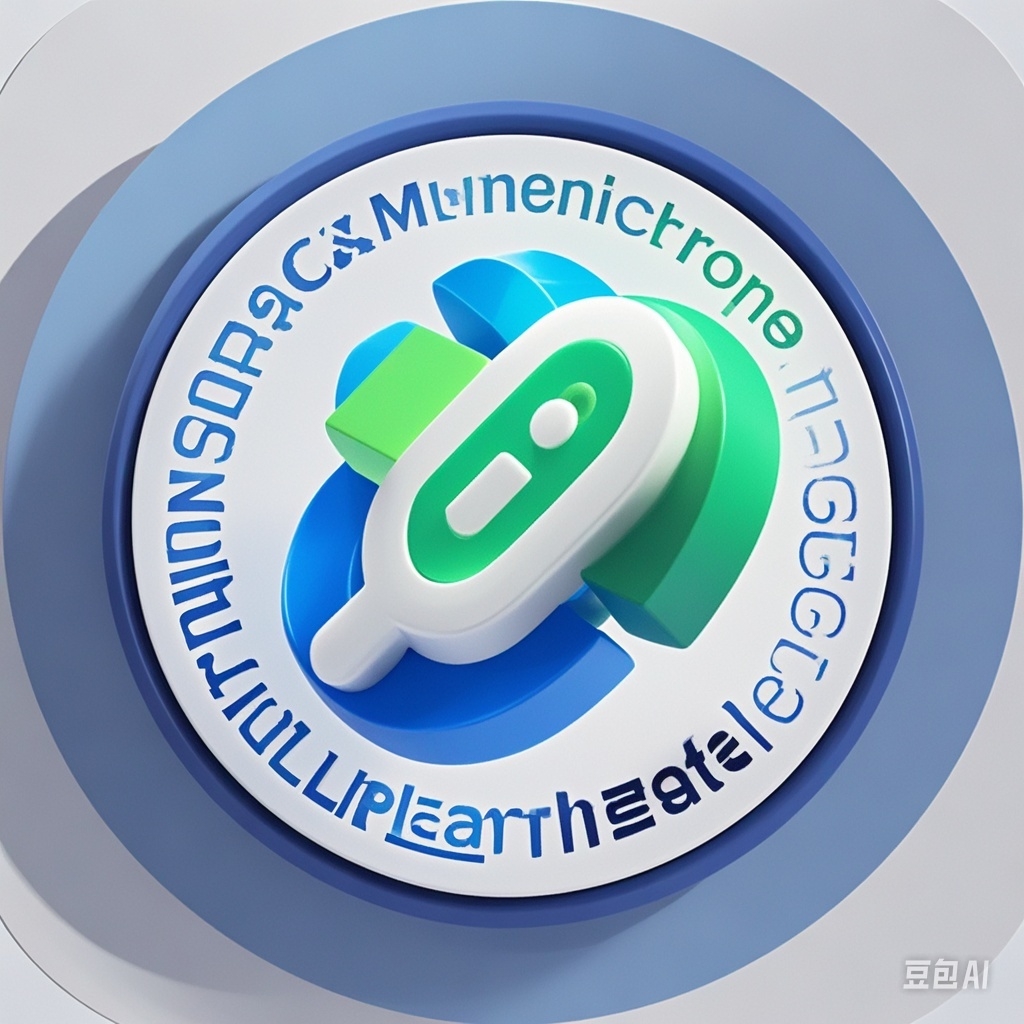获取结果失败,请稍后再试。

智能问答助手

结合文献知识库,保留通用大模型的能力,为您提供知识问答服务!
通用大模型
RAG知识库问答

2024-09-01 null null 42(卷), null(期), (null页)
Stem water potential (psi stem) is a key indicator for assessing plant water status, which is crucial in understanding plant health and productivity. However, existing measurement methods for psi stem, characterized by destructiveness and intermittency, limit its applicability. Microtensiometers, an emerging plant-based sensor, offer continuous monitoring capabilities and have shown success in certain vine and tree species. In this study, we investigate the efficacy of microtensiometers ability to monitor the psi stem of cotton (Gossypium hirsutum L.) under three distinct irrigation treatments in Maricopa, Arizona, an extremely hot, arid environment. We analyze the diurnal dynamics of psi stem across the irrigation regimes and compare these measurements with midday leaf water potentials (psi leaf) obtained using a dewpoint potentiometer. Our results demonstrate that the microtensiometer-derived psi stem closely follows known diurnal patterns of psi leaf, tracking with vapor pressure deficit (VPD) and responding to variations in irrigation levels and soil moisture content. Time cross-correlation analysis reveals an 80-minute lag in psi stem response to changing VPD under non-water limiting conditions, which shortens under water-limiting conditions. Additionally, we establish a robust linear relationship (R 2 adj = 0.82) between psi stem and psi leaf, with this relationship strengthening as water availability decreases. Notably, we observe mean gradients of 1.2 and 0.06 MPa between soil vs. stem and stem vs. leaf water potentials, respectively. Moreover, psi stem data proves to be more sensitive in distinguishing between irrigation treatments earlier in the growing season compared to psi leaf, leaf temperature and leaf gas exchange parameters. These findings highlight the utility of microtensiometers as valuable tools for monitoring water status in smaller-stemmed row crops such as cotton.